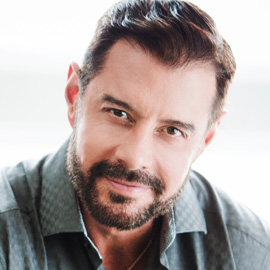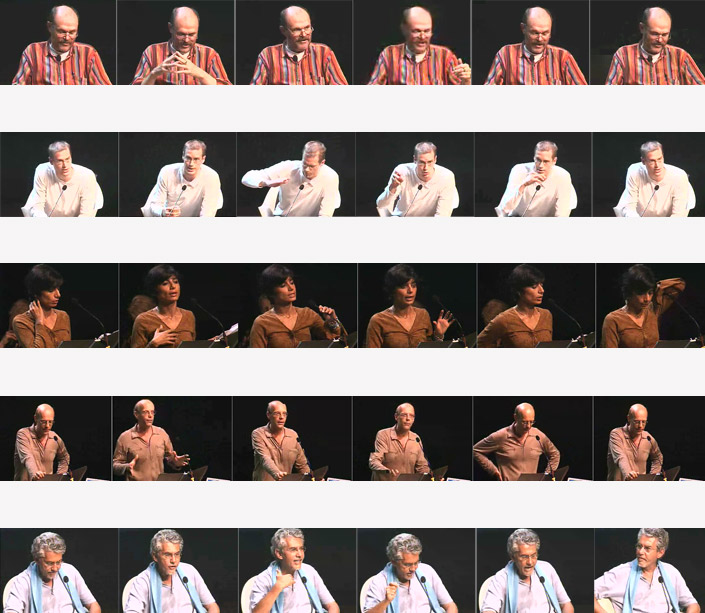Is Your Body Language Betraying You?
A lot of our communication is non verbal. Body language, mood, appearance all contribute to the way we communicate. Whether we are interviewing for a job, negotiating a contract, or counseling a friend, our body language can speak louder than our words. Over the years, I have become conscientious of my body language specially during intense, meaningful exchanges. Most people are intentional about their appearance, but I find that a lot of people are not aware of their body language. Here’s a few things to consider:
Make eye contact. I know that sounds obvious. But I talk with people who cannot make consistent eye contact during an important conversation. That comes across to most people as a sign of untruth, such as a hidden agenda or worse, a lie. If you can’t look me in the eye, chances are I’m not going to believe you.
Uncross your arms and legs. When you keep your arms and sometimes both arms and legs crossed your body language says, “no.” Your mouth might be agreeing verbally but your body language says “I’m not open to this idea or where this conversation is going.”
Lean towards your subject. When I want to emphasize a point or re-engage the other person deeper in the conversation, I lean towards them and make sure I make eye contact before I speak. At this point my body language says “this is very important, please listen.”
Smile. There’s nothing better than a smile to make someone feel at home. Smiling during a difficult conversation can break the tension. Smiles are particularly helpful when you disagree with someone. Saying “no” with a smile on your face lets the other person know that while you are not willing to accept their proposition, you’re not offended or upset. It keeps the dialog going.
How do you use body language to communicate?
Subscribe
Delivered by FeedBurner


Pingback: Day 18: Dialogue | Zan Nim - one writer, many tools, lots of advice.()